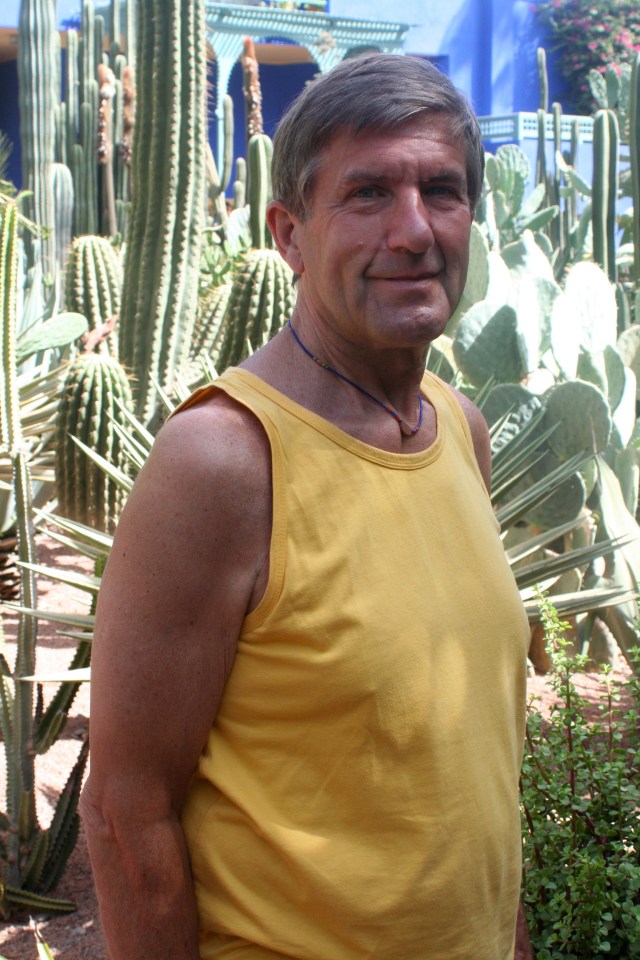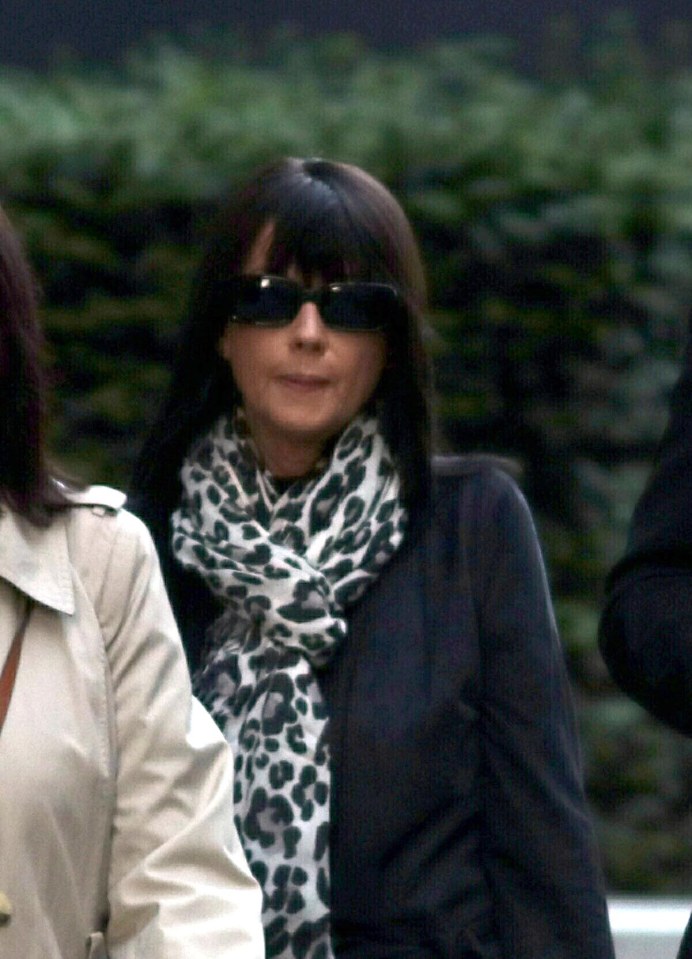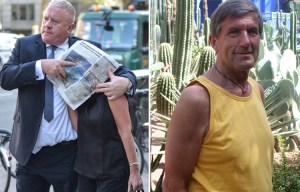Woman driver denies killing cyclist as first ever crowdfunded private prosecution by charity Cycling UK kicks off
Gail Purcell, 58, has denied killing Micheal Mason by careless driving, after she collided with the teacher on London's Regent Street in February 2014

A DRIVER has denied killing a cyclist by careless driving in what is said to be the first online crowd-funded prosecution.
Gail Purcell, 58, was involved in a 2014 collision with 70-year-old Michael Mason while at the wheel of her Nissan Juke, in Regent Street, central London.
Mr Mason, who taught at he Grey Coat Hospital girls' school, which David Cameron’s daughter attends, died 19 days after the incident, when his life support was switched off as his family was told his chances of recovery were "extremely remote".
Scotland Yard refused to pass its investigation to prosecutors, it is said.
But a private prosecution was launched by The Cyclists’ Defence Fund, a subsidiary of the Cycling UK charity, with nearly £64,000 raised from more than 1,600 supporters on JustGiving.com.
Purcell, of St Albans, Hertfordshire, denied causing death by careless or inconsiderate driving at the Old Bailey.
Wearing a black sleeveless top, she spoke only to confirm her name and enter a plea, while eight people watched from the public gallery.
She was granted unconditional bail and a trial set for April.
Related stories
Mr Mason from Kentish Town, north London was cycling home from the Apple store on Regent Street at around 6.25pm on February 25, 2014.
Purcell told an inquest into his death that she didn't see him in front of her as she drove north.
Scotland Yard reviewed its decision not to pass a file to the CPS after pressure from the family and media but concluded it had made the correct decision.
Michael Mason's daughter, Anna Tatton-Brown, a BBC journalist, said previously: "It's something we [as a family] have been pushing for and are keen to have.
"This isn't about a persecution of Gail Purcell. This is about prosecutors taking Mick's death - and cycling deaths - seriously.
"It's sad we've had to rely on charity and public support to do what the police and criminal justice system should have done anyway."








